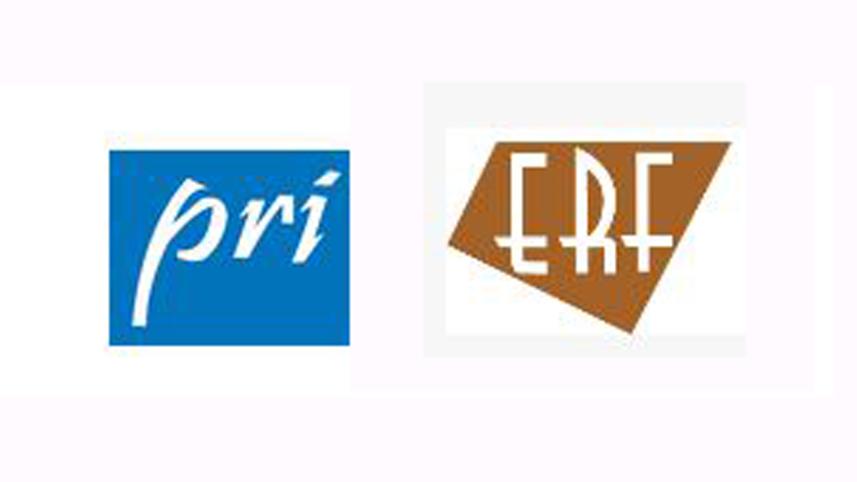Time to introduce financial interoperability

Bangladesh should introduce financial interoperability as it is necessary to maximise the benefits of financial inclusion and strengthen the economy, said experts yesterday.
"This will infuse dynamism in the economy. As a result, growth will be further strengthened," said Atiur Rahman, a former governor of the Bangladesh Bank.
MA Razzaque, research director of the Policy Research Institute (PRI), said that financial transactions in the country would be simple, competitive and innovative once financial interoperability is introduced.
They made the comments while addressing the inaugural session of a training programme titled "Financial Interoperability in Bangladesh: Challenges and Way Forward".
The PRI and the Economic Reporters' Forum (ERF) jointly organised the event at the ERF auditorium in the capital, according to a press release.
Interoperability is generally understood to refer to the ability of different systems and sometimes even different products to seamlessly interact.
Interoperability can promote competition, increase the financial viability of service offerings by reducing fixed costs and unlocking economies of scale, and improve the utility of payment instruments and convenience for the end-user, according to a World Bank blog.
The BB launched interoperability among the MFS providers in October 2020, but it was halted within hours of the launch. Since then, the service is yet to be restored.
Prof Rahman noted that due to the rolling out of services like mobile financial service (MFS) and agent banking, financial inclusion has been simplified in Bangladesh.
"Financial interoperability is necessary to adapt to the evolving changes," said Prof Rahman, adding that measures should be taken so that the common people can make transactions in normal shops by scanning QR (quick response) codes.
"There is also a demand for this, but the government will have to develop necessary infrastructures in this regard. This also requires investment. The Indian government has invested a lot in introducing such a system. Bangladesh also needs to do the same."
The economist said there is interoperability infrastructure in the banking sector in the country. Now there is a requirement for cross-border infrastructures so that people can withdraw the necessary amount from foreign banks through their cards while going abroad.
BB Executive Director Debdulal Roy said whatever transaction and exchange of information are taking place in the country's financial sector is not interoperability, rather it is interconnection.
"Time has come to move towards interoperability. It will make transactions multidimensional and boost the strength of the economy."
Bazlul H Khondker, a professor in the economics department at the University of Dhaka, said digital financial services have made a positive impact on poverty alleviation and on personal savings.



 For all latest news, follow The Daily Star's Google News channel.
For all latest news, follow The Daily Star's Google News channel.
Comments